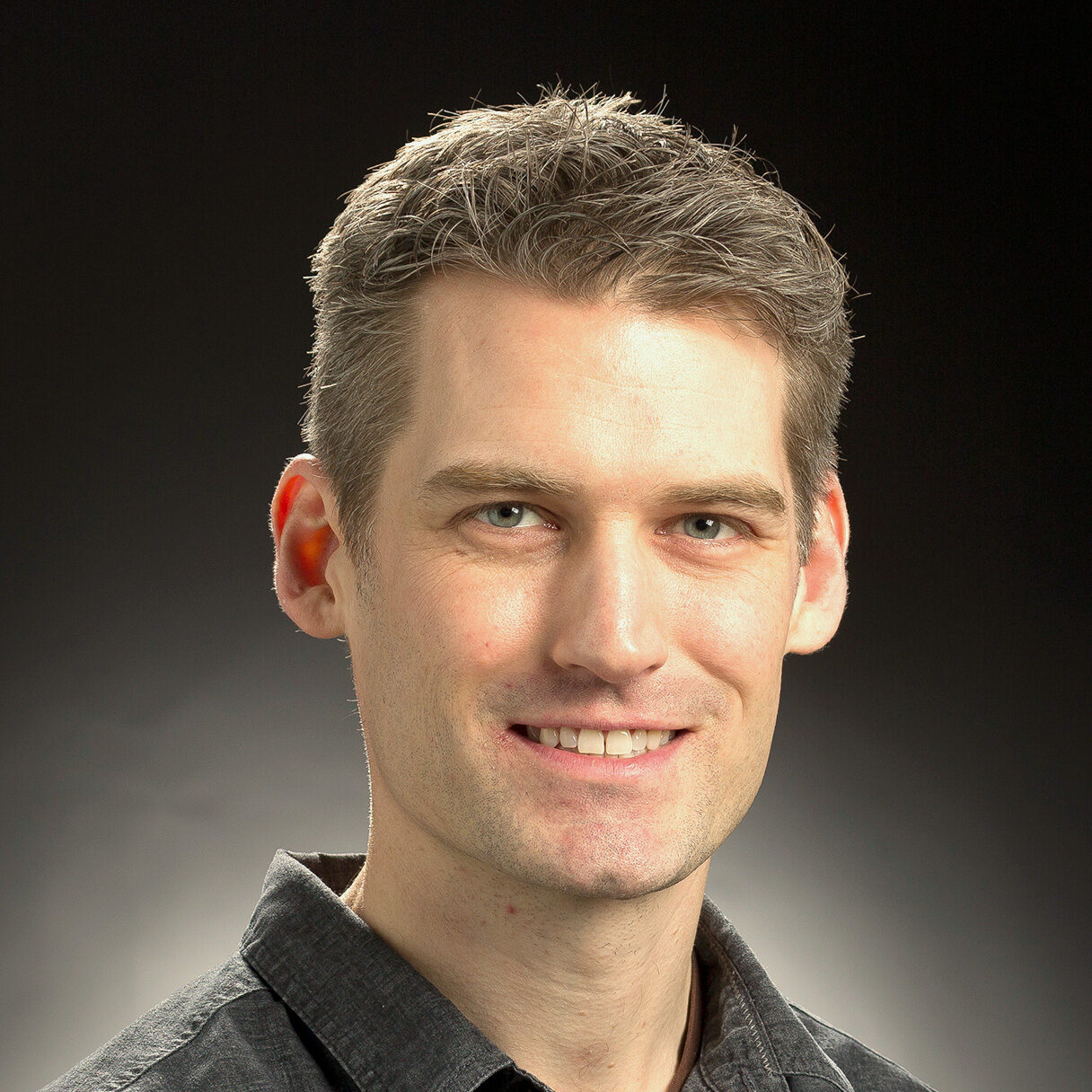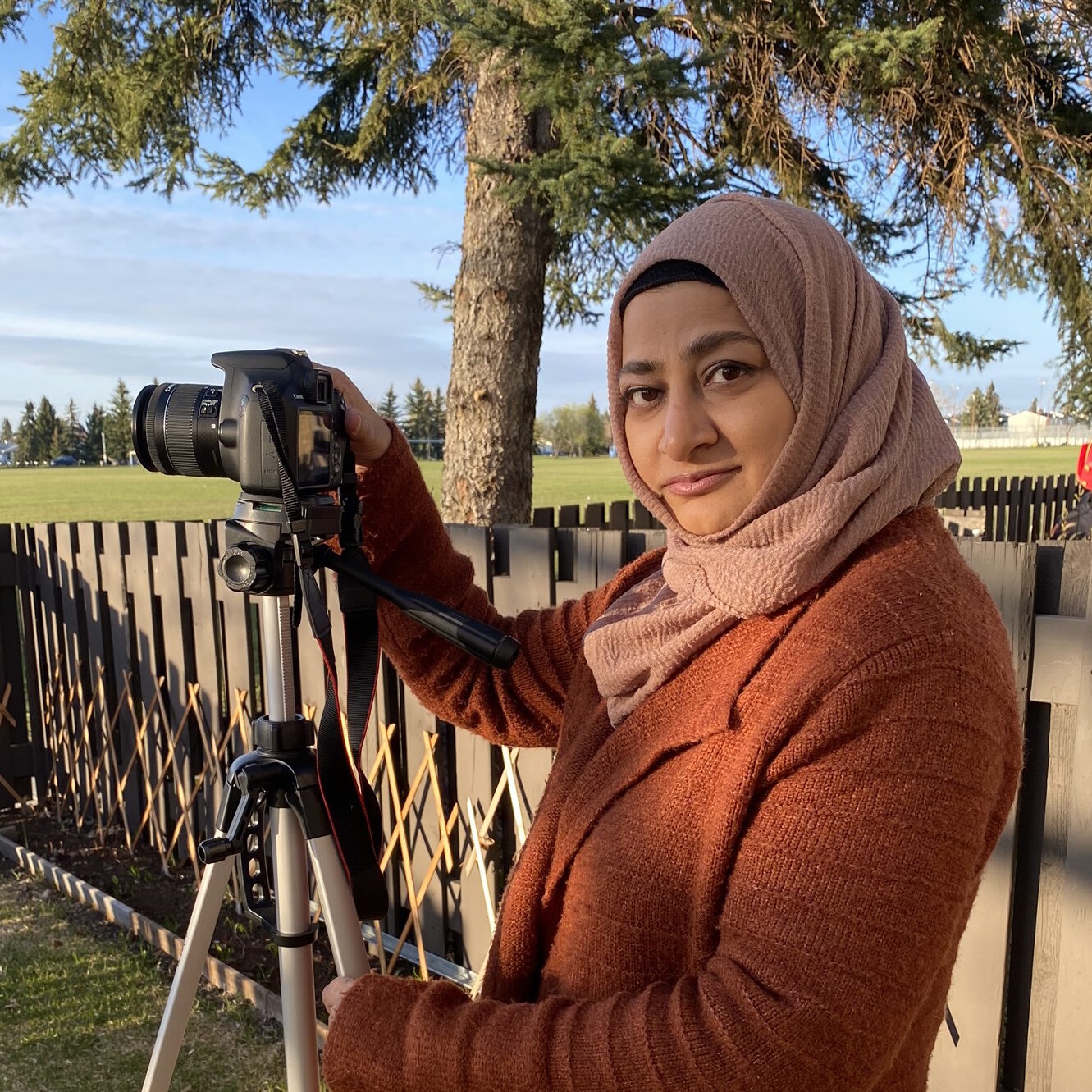Peter Thielen, a molecular biologist at Johns Hopkins University Applied Physics Laboratory, received a 2020 Emerging Leader Award from the Harvard Extension Alumni Association. Here’s what he had to say about his time at Harvard Extension and his plans for the future.
What brought you to Harvard Extension?
My first job out of undergrad was a research assistant position at the Harvard School of Public Health. I enrolled in a neuroscience course because it was relevant to my research, and from there I continued to take courses.
Who were some of the most influential instructors, advisors, or staffers you worked with?
Early on in my coursework, I took Physiology of Sleep, taught by Steven Shea. Dr. Shea was an inspiring instructor, and his approach to the material changed the way I lived my life. From that point on, I altered my sleep habits and made very conscious decisions about my time commitments to ensure sleep is a priority for my mental health as well as maximizing the overall quality of my work.
Tell me about the work you’ve done since graduating from Harvard Extension.
Shortly after completing my ALM degree, I started a position at the Johns Hopkins University Applied Physics Laboratory in the Research and Exploratory Development Department. I am now a senior scientist, and my research primarily focuses on advancing the molecular biology required for rapid turnaround applied genomics applications, ranging from viral genetics to environmental biodiversity assessments. As part of a team studying influenza virus genetics within the Johns Hopkins network, earlier this year our group quickly transitioned analysis to SARS-CoV-2 to characterize COVID-19 transmission during early introduction into the Baltimore and Washington, DC, region.
I additionally lead workshops for implementing vial genomic epidemiology in low- and middle-income countries. And I contribute to diverse projects, such as the development of plant biosensors, and the integration of DNA sequencing into fully autonomous systems for environmental surveillance. JHU/APL is an inspiring place to work, and allows me to interact with groups that explore the depths of the oceans and others that are exploring the furthest points in our solar system.
Did your experience at Harvard Extension change your career trajectory? How?
Completing my degree meant that the time I spent at Harvard was much more than just a job. It was also a way of life that I was suited for both academically and professionally. It likely helped with the first job interviews. But in reality, the true benefit is the ability to have both deep technical conversations and broad philosophical conversations about my field of research with a holistic viewpoint. This ability to engage likely began during my time at Harvard Extension and has really continued from there.
What’s next for you?
I’m nearing the end of a doctorate of engineering program at Johns Hopkins University and expect to finish next year.

